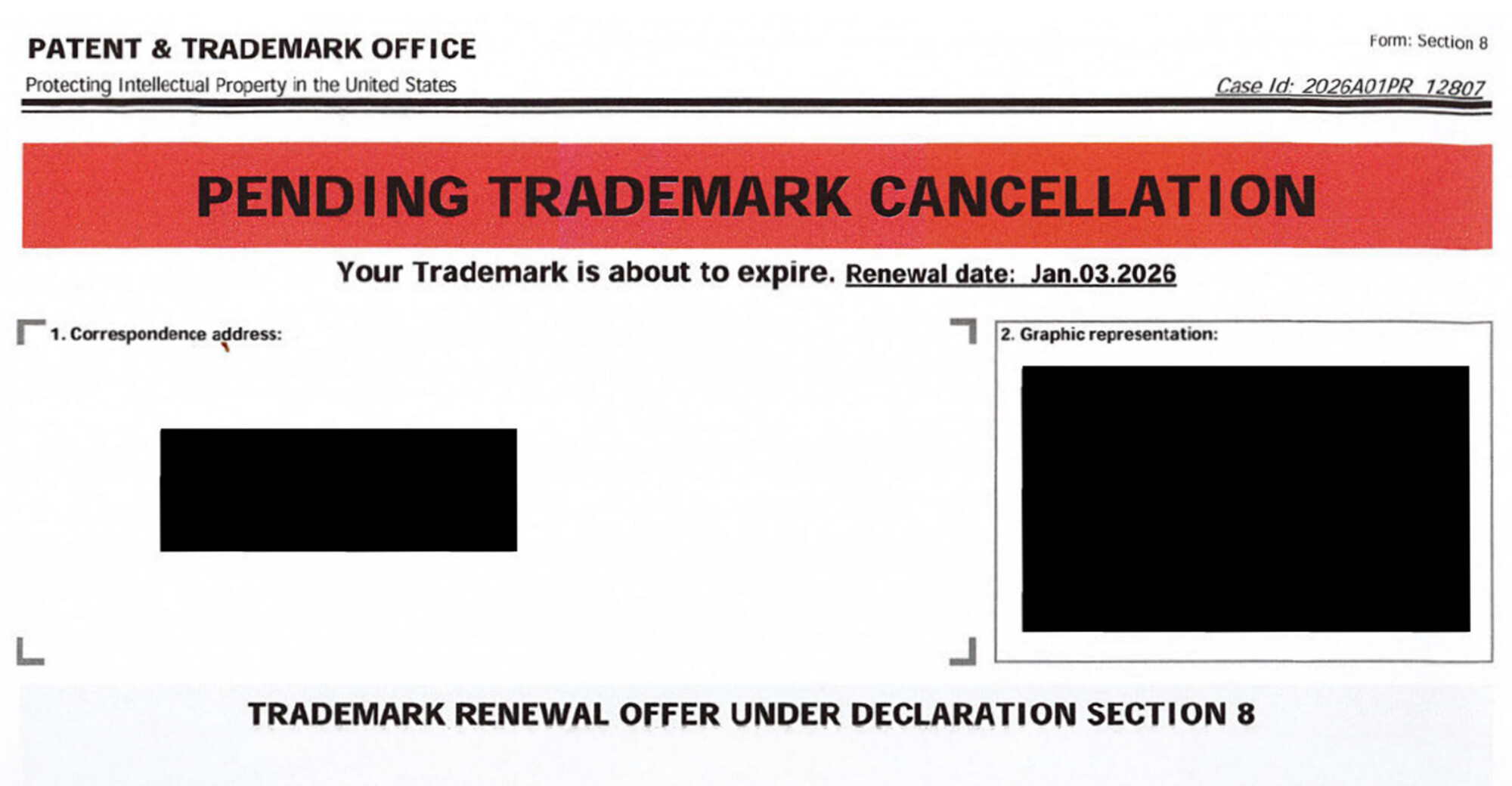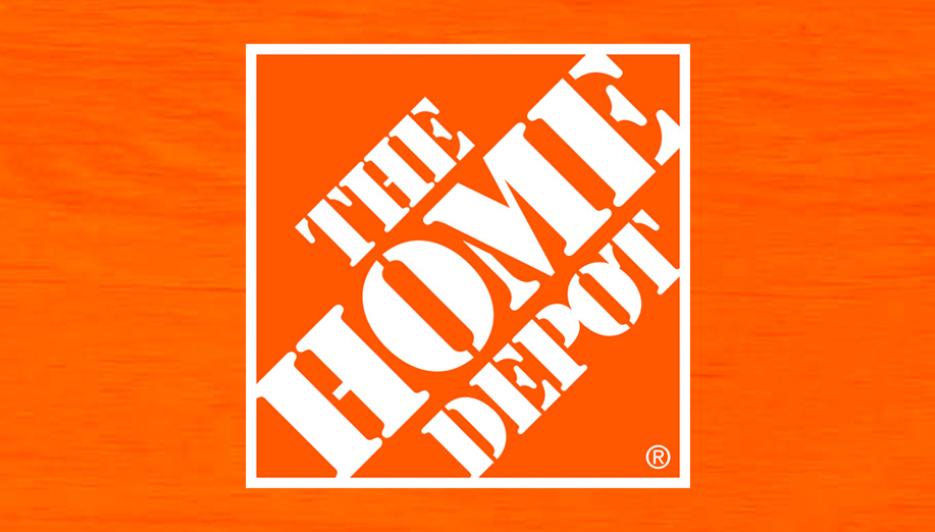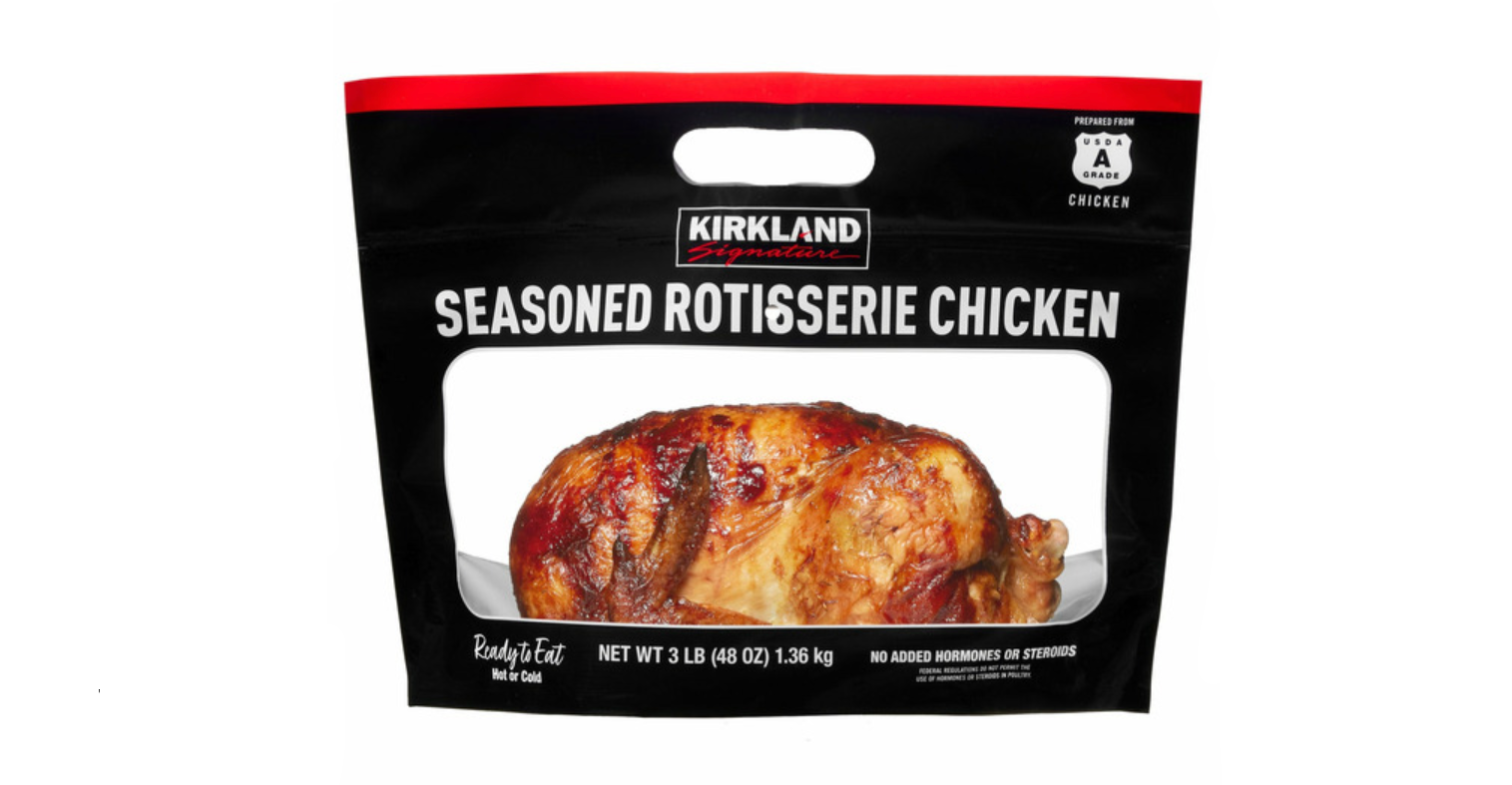
TINA.org Takes Action against Trademark Imposter Scam
Complaint to FTC cites violations of agency’s Impersonation Rule.
September 2017: A federal judge granted final approval of the settlement.
March 2017: A federal judge preliminarily approved a settlement of this action.
According to the settlement terms, class members may receive $15 for each bottle purchased (for up to seven bottles per household) and class members who only paid for shipping and handling for a sample or trial of Instaflex may receive $5. The company also agreed to refrain from making certain claims on its labels, including, among other things, statements that the products provide joint support or that they support, maintain, or strengthen cartilage, though the agreement allows the company to continue using the specific phrases “joint health” and “joint function,” or statements that the products relieve discomfort.
A final fairness hearing is scheduled for September 7, 2017.
March 2016: The Seventh Circuit Court of Appeals affirmed a district court’s decision to certify the class in a false advertising class-action lawsuit against Direct Digital, LLC. The complaint, which was originally filed in 2013, alleges that the company deceptively represents that Instaflex Joint Support (a dietary supplement containing glucosamine) repairs cartilage, improves mobility and flexibility, and helps with joint discomfort without adequate scientific support for such claims. (Mullins et al v. Direct Digital, LLC: District Court Case Information: Case No. 13-cv-1829, N. D. IL.; Appellate Court Case Information: Case No. 15-1776, 7th Cir.)
For more information about other class-action lawsuits regarding glucosamine products and TINA.org’s coverage of them, click here.
Complaint to FTC cites violations of agency’s Impersonation Rule.
TINA.org digs into shop’s purported Newport roots, and more.
TINA.org staffer gets surprise charge.
TINA.org files complaint with NYC over company’s “$19.95” truck rentals.
Lawsuit cries fowl over preservative-free claims.



